in Thoreau’s Journal:
The neatly & closely folded plaited leaves of the hellebore are rather handsome objects now— As you pull them apart they emit a slight marshy scent some what like the skunk cabbage— They are tender—& dewy within—folded fan-like.


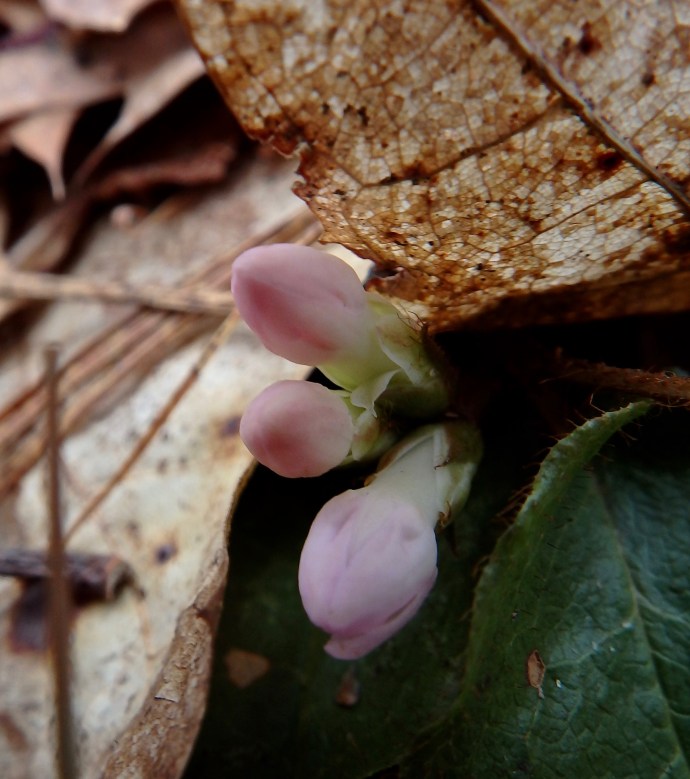





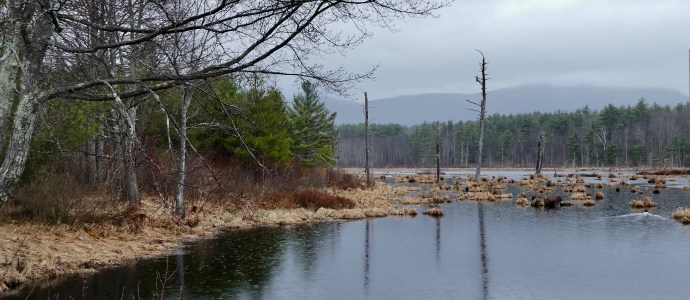
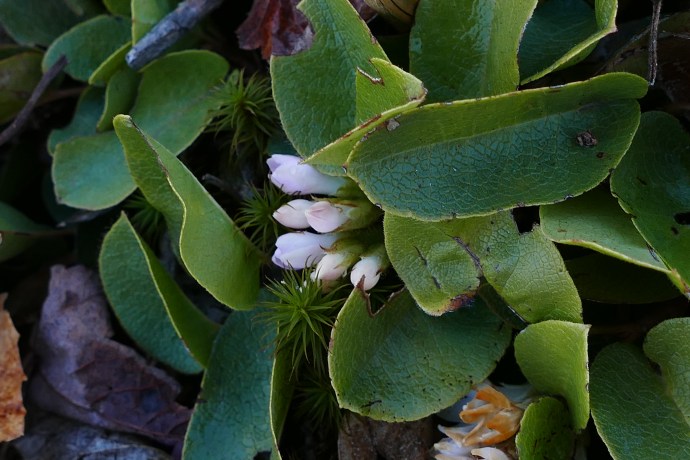
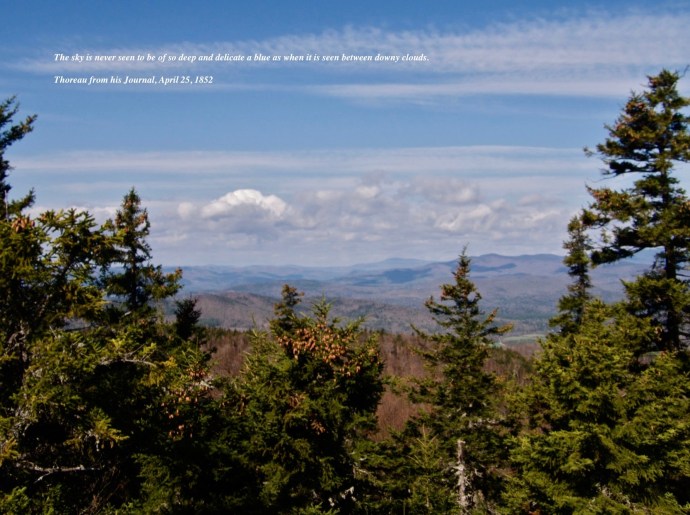

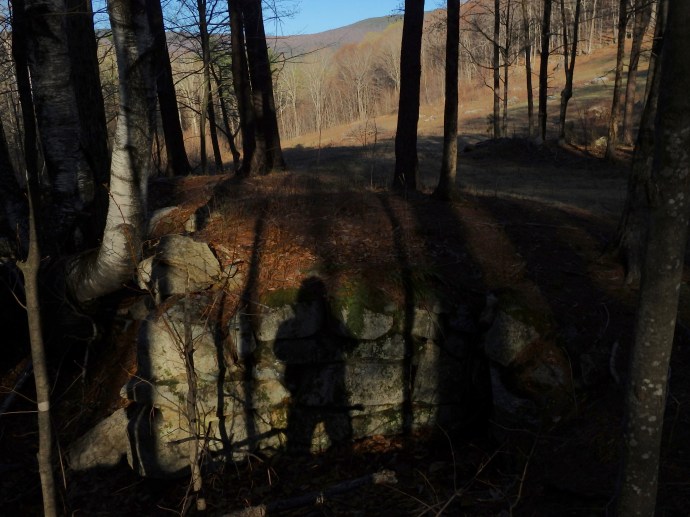


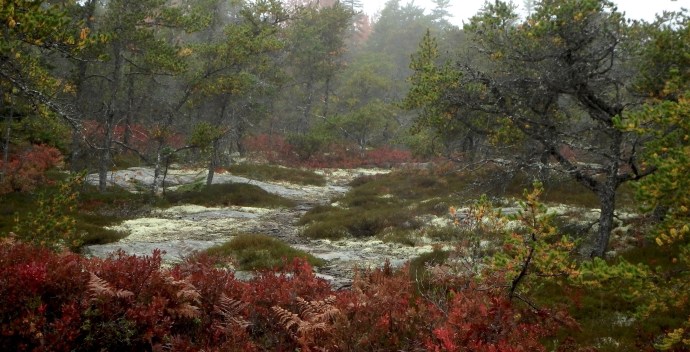
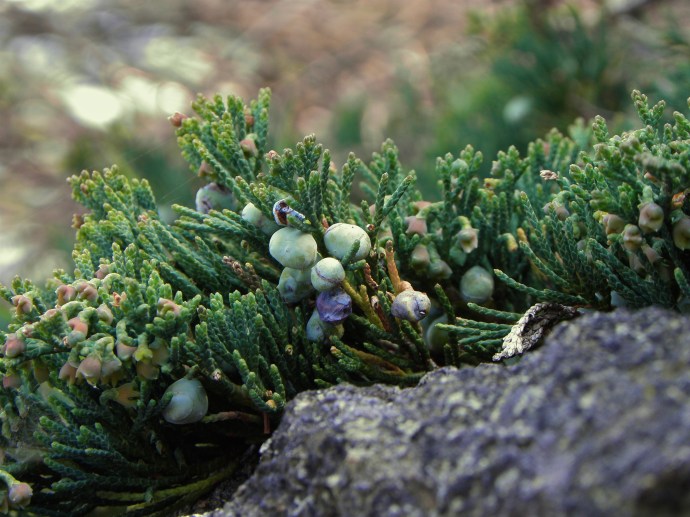
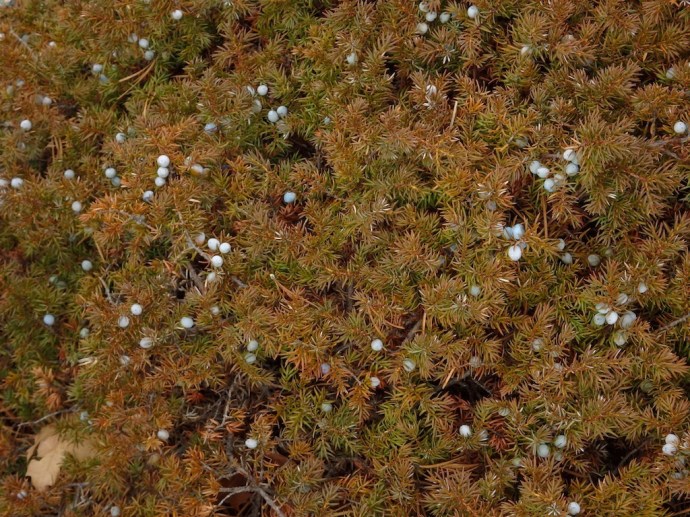










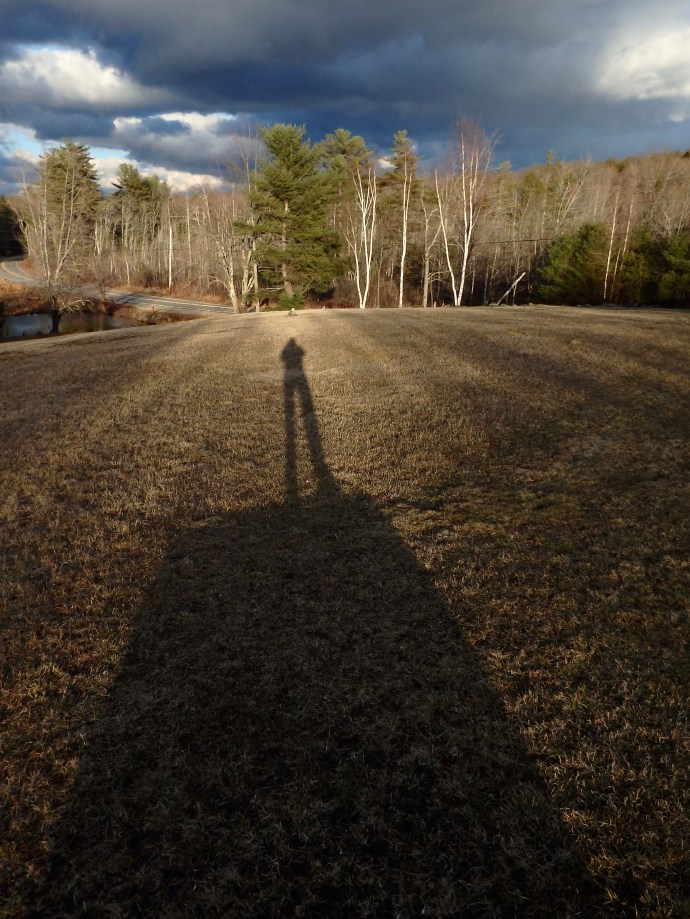

You must be logged in to post a comment.